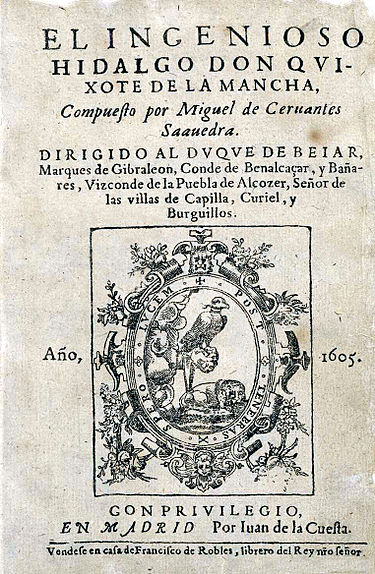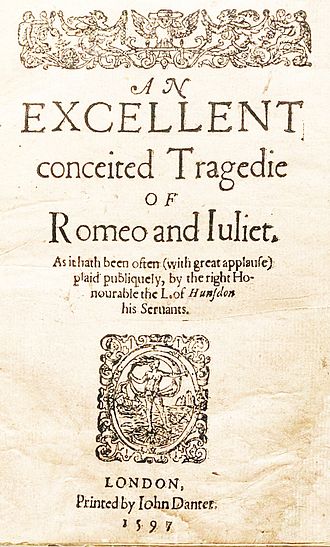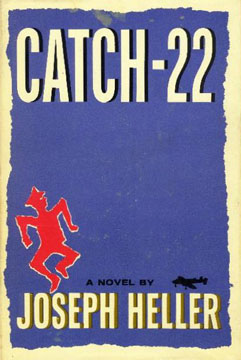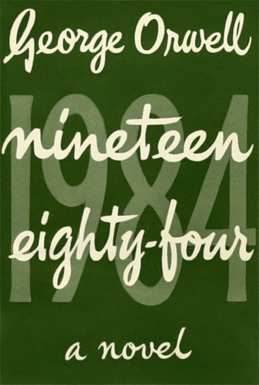Paradoxes in Literature: Wibbly-Wobbly Writing
“Paradox” is defined in the dictionary as a statement which contradicts itself. Paradoxes can be found in many disciplines: logic, philosophy, mathematics, even the hard sciences. In literature, however, the paradox is a literary device. It is a tool which can have various effects on the text, the themes, and the reactions of the reader.
One may point out that an oxymoron is a paradox because it also contradicts itself. However, an oxymoron is different from a paradox because the former is simply a combination of two words that contradict each other but still make sense. Examples of oxymorons include “virtual reality,” “constructed ruins,” and “hidden discoveries.” Paradoxes, on the other hand, are phrases, sentences, ideas, or incidents which show contrast, provoke thought, or cause reflection.
When we think of paradox in writing, our mind immediately goes to temporal paradox, or time travel. While this is very important and useful in literature, paradox can also be used in many other ways Paradox in literature can take many forms, such as character and situation, as long as they contain contradictions. Literary paradoxes are a lot looser than logical paradoxes. Here are some examples of paradoxes from literature.

-
The Liar’s Paradox (Don Quixote by Miguel de Cervantes)
A person crossing a bridge must first state where he is going. If the person tells the truth, he will be able to cross the bridge safely. If the person lies, he will be killed. What would happen if the person who crosses the bridge says that he intends to die?

-
Star-crossed Lovers (Romeo and Juliet by William Shakespeare)
“My only love sprung from my only hate! Too early seen unknown, and known too late! Prodigious birth of love it is to me, That I must love a loathed enemy.” It is not a secret that Romeo and Juliet’s love is forbidden because they come from warring families. Juliet emphasizes the difficulty of their love further by saying that her only love, Romeo, comes from her only hate, his family and their quarrel.

-
“To be natural is such a very difficult pose to keep up.” (The Importance of Being Earnest by Oscar Wilde)
Wilde is known for his use of paradox in his writing, especially for comedic effect. In this quote, the paradox is in “acting” natural. This quote also emphasizes that sometimes, even being natural can be an act.

-
Catch-22 (Catch-22 by Joseph Heller)
One of the most popular paradoxes in literature, a Catch-22 is a situation in which one needs something, but the only way to obtain that something is by not needing it. If you can’t get a job because of your lack of experience, how are you supposed to gain experience in order to get a job? This is an example of a Catch-22 paradox.

-
“War is peace, freedom is slavery, and ignorance is strength.” (1984 by George Orwell)
Orwell uses paradox in his dystopian novel to show contradictions in a seemingly “perfect” new society. Through this paradox, Orwell illustrates that perfection does not equal balance.
Sources:
- Paradox | Cambridge
- Paradox | Literary Devices
- Examples of Paradox | YourDictionary Paradox | Literary Terms
*Disclaimer: Images are not ours. Credits to the rightful owners.